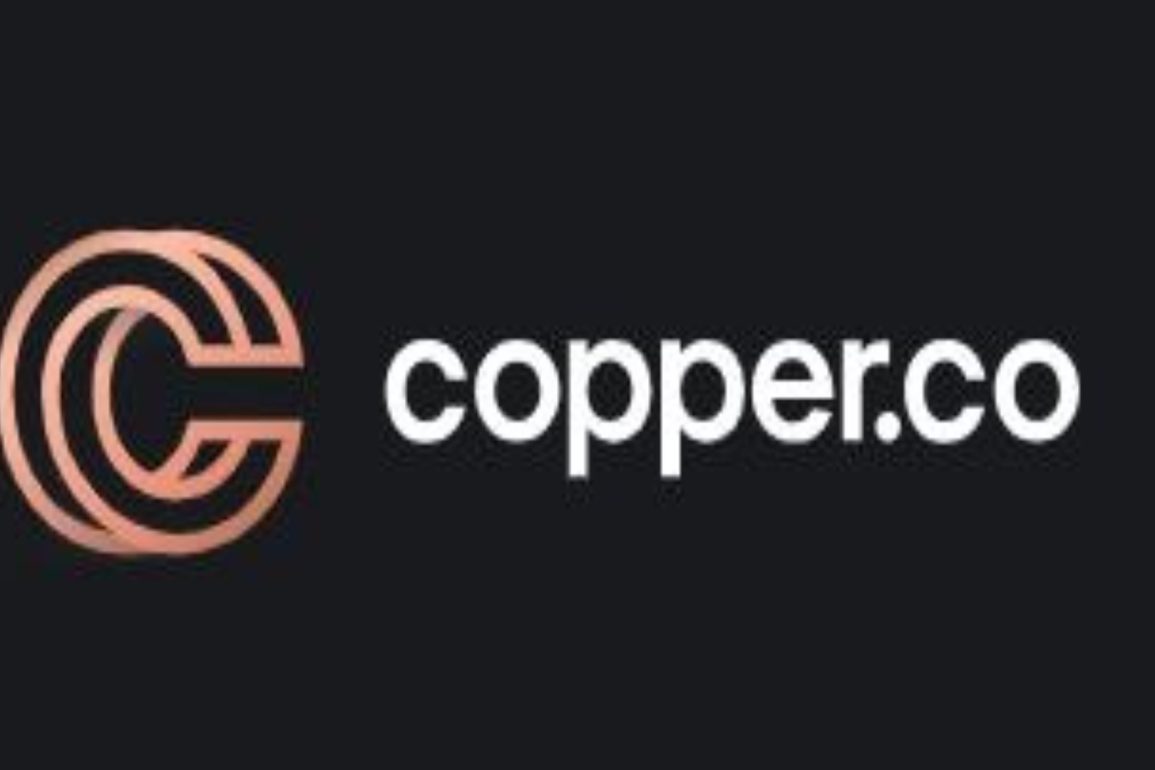- Summary:
- This partnership extends institutional access and support to ICP’s flourishing DeFi and Web3 ecosystem, which consists of hundreds of dApps.
Copper, one of the industry’s leading digital asset custodians, today announces that it has built on its previous initiative with DFINITY Foundation, a Swiss not-for-profit organization and a major contributor to the Internet Computer (ICP), to enable institutional investors to securely custody and stake their ICP assets directly in the Copper Platform.
In a first for institutional custody providers, Copper will offer its clients secure access to the Service Nervous System (SNS) and the Internet Computer Request for Comments (ICRC) token standards on the Internet Computer blockchain. The SNS is a powerful form of DAO that allows communities to govern smart contracts and dApps on the Internet Computer completely on-chain, and the ICRC is a token standard created by the Internet Computer working group.
This partnership extends institutional access and support to ICP’s flourishing DeFi and Web3 ecosystem, which consists of hundreds of dApps including some of the most-used applications in crypto such as OpenChat, Dragginz, and ELENA AI.
Tokens in the ICP ecosystem powered by the innovative chain-key technology such as ckBTC are now available to Copper’s institutional clients, while many more tokens will be made available for custody in the near future. Backed 1:1 by Bitcoin (BTC), ckBTC is a multi-chain Bitcoin twin trustlessly created by chain-key cryptography and Internet Computer smart contracts that directly hold Bitcoin.
The Internet Computer’s Chain Fusion technology makes chain-key tokens possible. Chain Fusion enables direct interoperability with all major blockchains, including Bitcoin, Ethereum, other EVMs (and soon Solana), without relying on any trusted intermediary. Unique compared to other blockchains, ICP smart contracts can read from and write to different chains, enabling developers to write smart contracts spanning different chains. ckETH and ckUSDC are also live on the Internet Computer; many more chain-key twins of ERC20 tokens are expected over the next month.
“We are excited to share the news of our enhanced support for the ICP institutional ecosystem. As a leading institutional custody provider, Copper is pleased to integrate the complete tech stack for ICP, encompassing custody, layer 2, and staking, which reinforces our position as the premier institutional-grade custodian to offer these services,” Marcos Benitez, Head of Sales, Switzerland commented. “With this development, we anticipate facilitating greater access to vital capital for the ecosystem, including funds, venture capitalists, and exchange listings. Our dedication to bolstering the Swiss and Global Web3 ecosystem remains resolute, and we anticipate continued progress and innovation in this dynamic space.”
Paul Meesuen, VP of Partnerships at the DFINITY Foundation commented “Copper supporting Internet Computer’s ICRC token standard is a major win for ecosystem participants. It provides an institutional custody and staking solution with access to both native ICP and the growing tokenized apps being built on it. This will increase accessibility and institutional adoption, benefiting all projects building tokenized business models on the Internet Computer Protocol.”
Thanks to the built-in support for SNS and ICRC tokens, the partnership enables crypto exchanges such as Bit2Me, Bybit, BitMEX, Bitget, Derebit, Bitfinex and others to offer tokens including 2nd layer Bitcoin ckBTC, OpenChat governance token CHAT or the Internet Computer’s first memecoin GHOST to their clients.
This integration comes off the back of growing institutional interest in the protocol. Recently, Valour Inc. launched the first ICP exchange-traded product (ETP), the 1Valour Internet Computer Physical Staking ETP, which tracks the price of ICP. As part of the integration, Copper is operating as the custody provider for the Valour ETP, allowing a wider range of investors to gain access to the ICP ecosystem through a secure and transparent investment vehicle. The steady growth and development of ICP, especially in the enterprise sector, is due in part to the Internet Computer’s capacity to mitigate platform risks that can lead to increasing server costs or codebase refactoring.
Together, Copper and ICP aim to empower institutions with secure, reliable, and data-driven solutions for navigating the rapidly evolving landscape of decentralized finance. Copper has established itself as an industry leader in digital asset custody, renowned for its institutional-grade solutions in custody, prime services, and collateral management. This partnership signifies a convergence of industry leaders committed to driving innovation and advancing the digital asset ecosystem.
About Copper
Since being founded in 2018, Copper has been building the standard for institutional digital asset infrastructure with a focus on custody and collateral management. Underpinned by multi-award-winning technology, Copper has built a comprehensive and secure suite of products and services required to safely custody and trade digital assets. At the core of Copper’s infrastructure is ClearLoop, which enables clients to manage collateral and settle trades in near real time across multiple exchanges, while mitigating counterparty risk and increasing capital efficiency.
About the DFINITY Foundation
The DFINITY Foundation is a not-for-profit organization of leading cryptographers, computer scientists, and experts in distributed computing. With a mission to shift cloud computing into a fully decentralized state, the Foundation leveraged its experience to create the Internet Computer and currently operates as a major contributor to the network.
About the Internet Computer
The Internet Computer Protocol (ICP) is a decentralized cloud 3.0 protocol that allows developers to build and run services and enterprise systems directly on a public blockchain network with unprecedented scalability. Services running on top of ICP are tamper-proof and can natively interact with the outside world in a trustless manner, both with traditional web 2.0 services and with other blockchains. The fast, low-cost, and energy-efficient protocol establishes a new paradigm for how a decentralized network truly operates in web3.


